(Special guest blog by Greenpeace Ottawa Local Group member and food activist Christina Thompson)
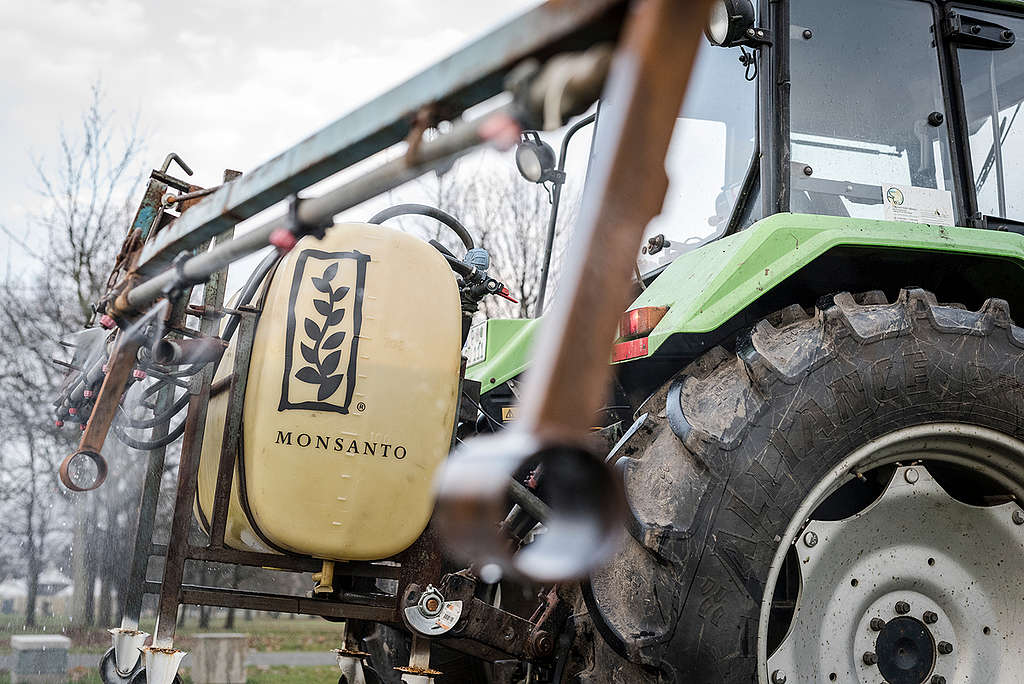
We need to focus on farming in harmony with nature, not with toxic contamination.
Enough is enough. Bayer-Monsanto is lobbying Health Canada for a significant increase in the amount of glyphosate residue allowed in certain grains and beans in Canada. A heated public consultation was started but was then postponed by the incumbent Liberal government until Spring 2022. We must continue to use our voices to strongly oppose the proposed increase in glyphosate levels. This increase in glyphosate is just the tip of the iceberg – there are other big corporations doing the same thing with other chemicals and lobbying for increases.
Glyphosate is the most widely used herbicide around the world. The amount used in agriculture skyrocketed by 15 times in 30 years after glyphosate-tolerant (“Round Up-Ready”) crops were introduced and farmers could spray during growing season. This heavy increase in glyphosate in particular gave rise to superweeds which are now a serious problem around the world.
Recently, there has been an upsurge of no-till agriculture in Canada in hopes of sequestering carbon in the soil, but many farms are relying only on herbicides and not using other weed removal techniques. These tactics are threatening the health of Canadian soil. Even more concerning, evidence suggests farms sprayed with glyphosate can be more susceptible to a disease that it produces, a toxin known as DON which makes it unsuitable for livestock feed.
Increasing levels of glyphosate residue in our food cannot be the right choice
Higher levels of glyphosate residue in our food will increase the use of glyphosate on our crops.
A vicious loop where more and more glyphosate is being chronically sprayed in the air, water, soil and our food is troubling; studies have shown how it is accumulating in the environment. We’re seeing negative ecological impacts like: bee populations declining, monarch butterflies losing their habitats and even worms becoming affected. These impacts are important because these species are vital to our food supply and much of the natural world around us!
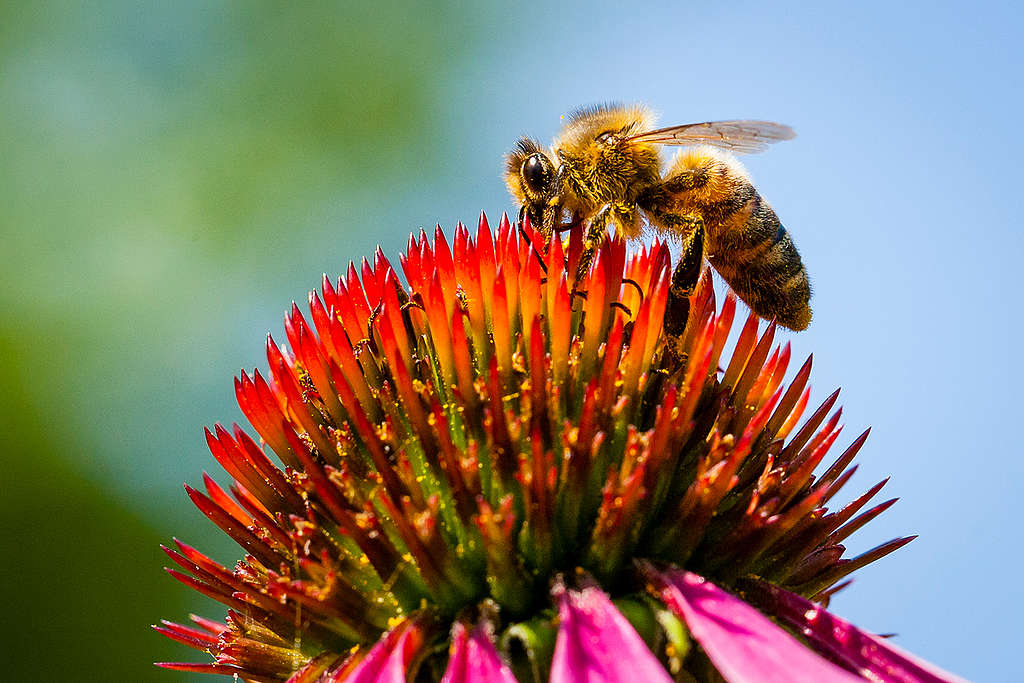
Kids could be at an even greater risk from these proposed increases. Higher levels of glyphosate are proposed for cereals and other grains which are usually consumed more by children who are still developing.
New research is showing that glyphosate actually causes epigenetic changes and damages the DNA. These changes are passed onto the next generations to come. Glyphosate has also been linked to digestive diseases, weakened immune systems and altered mental health. Recently, it has even been classified as a probable carcinogen by the World Health Organization. Even with these risks, up to 56,000 agricultural workers are regularly exposed to glyphosate every year. Increasing acceptable levels of glyphosate exposure is not what we or Canadian farmers need.
It’s time to make systemic changes…and we can!
We need real change to transition Canada to a more ecological way of farming and stop the slippery slope of degenerating our soil and crops. A recent NDP proposal to improve soil health nationally marked a significant contribution to the debate. Sadly, the Canadian government is falling short on agricultural support for our farmers…
The European Union spends over 73 times more than Canada on agri-environmental programs on a per-acre basis. The US spends 13 times more.
The European Commission already has a plan to reduce the usage of toxic pesticides and herbicides by 50% by 2030 and are aiming to have 25% of their food supply be farmed organically. Right now, Canada’s certified organic industry represents only 2.2% of our agricultural land. The proposed glyphosate increase has Canadian organic farmers concerned that their produce may not pass inspections for certified organic due to air-borne contamination from nearby fields.
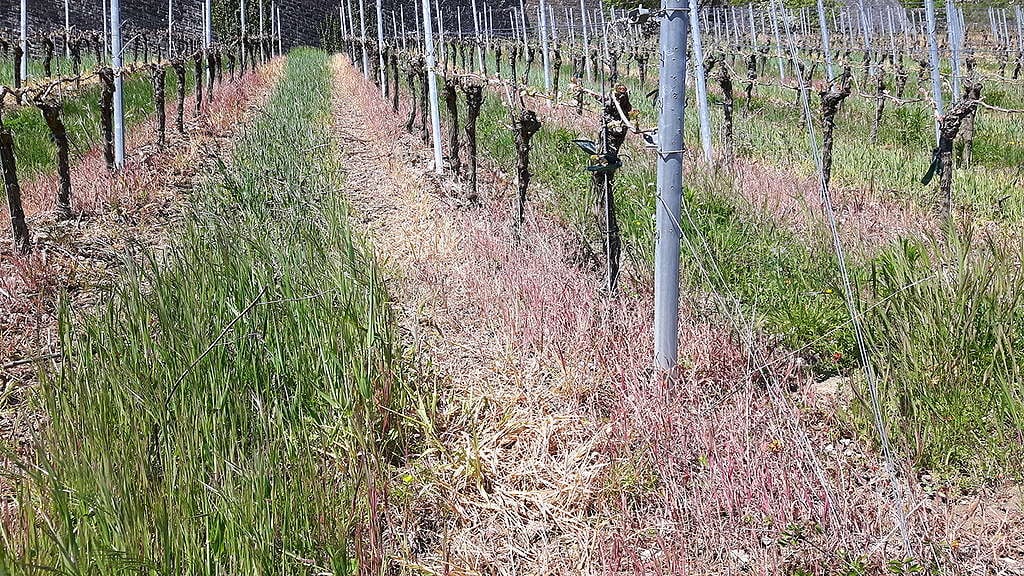
Current practices in conventional agriculture are contributing to a loss of biodiversity and climate change which is leading us down a dangerous path to food insecurity. The farming industry is feeling the effects of climate change already with extreme weather causing droughts and flooding across Canada. Many farmers are losing crops and are struggling to keep their farms. They deserve our government’s support in adapting to these changes and in adopting new methods that will be resilient into the future.
A more robust ecological agriculture strategy would be a major step forward to help restore soil and bring us in line with many other countries getting away from toxic methods. A much more widespread uptake of sustainable practices like cover cropping and low-till farming would help improve soil health by reintroducing green matter into the earth and would also reduce carbon dioxide levels.
It’s time for us to embrace ecological agriculture which will diversify crops, decrease monocultures, protect biodiversity, enhance drought resiliency and improve the nutrient uptake into our food.
Now is the time to remind the federal government of two important things: we will not gamble with our health by increasing the current glyphosate maximums; and we want to see major investments in widespread ecological agriculture practices here in Canada.
We do not want Bayer-Monsanto controlling the health of our food systems.
Taking a stand today will show the Canadian government that we are collectively saying NO to more chemicals, and YES to more ecological farming.
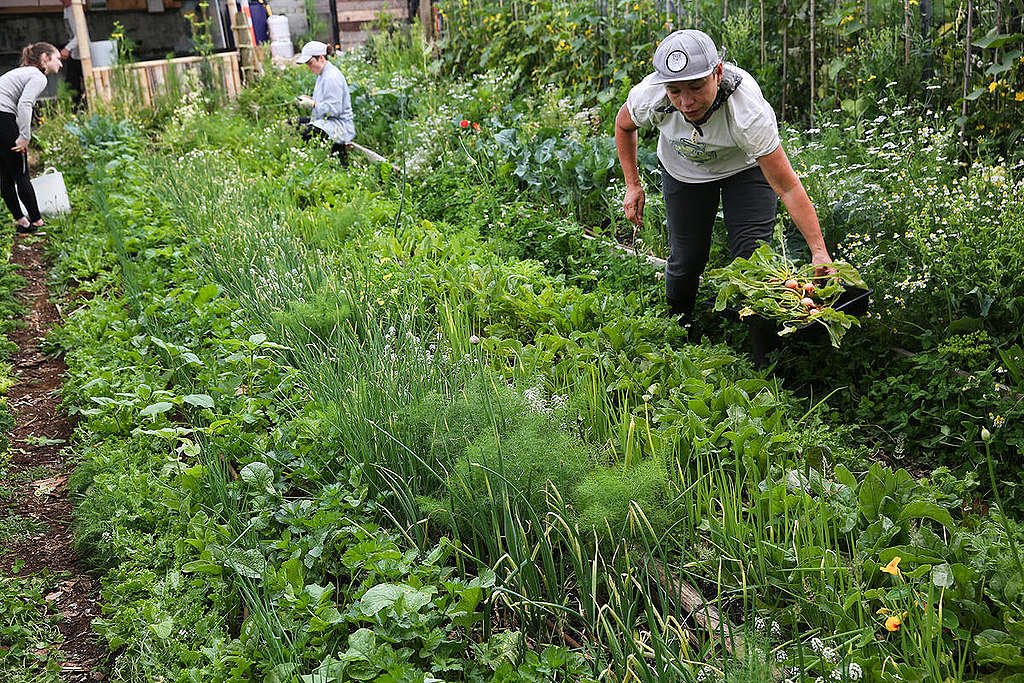



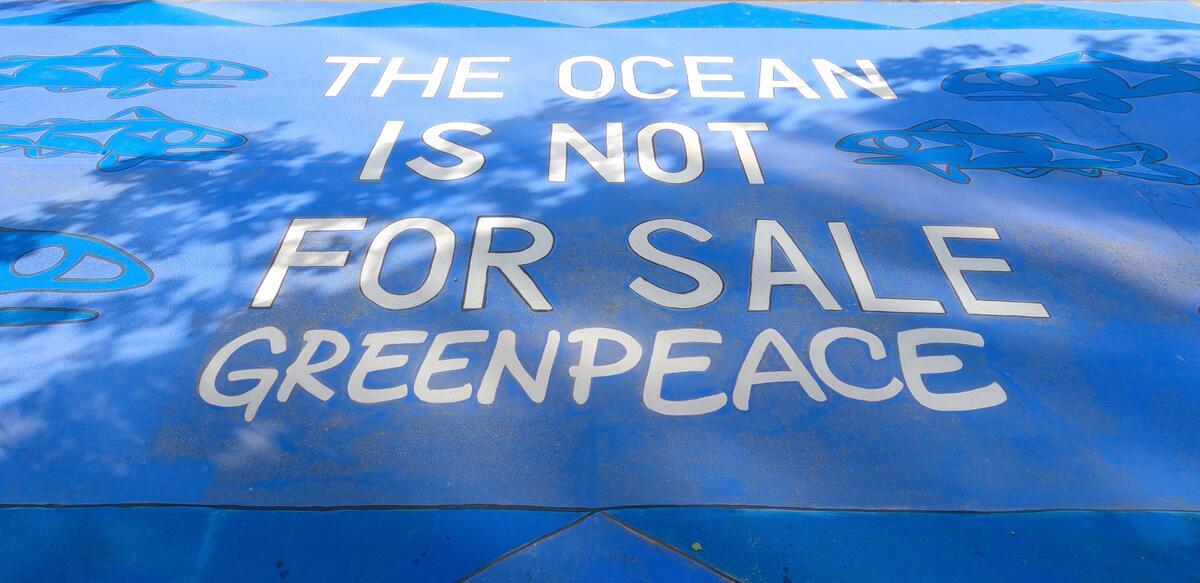
Discussion
Who are those people that want to poison us
This is all such important information! We all buy our food at grocery stores with no clue of what went into the process to make it. I took an environmental course; herbicides and pesticides are ineffective long-term as they not only damage the environment but create resistance among pest species'. We really take it all for granted.